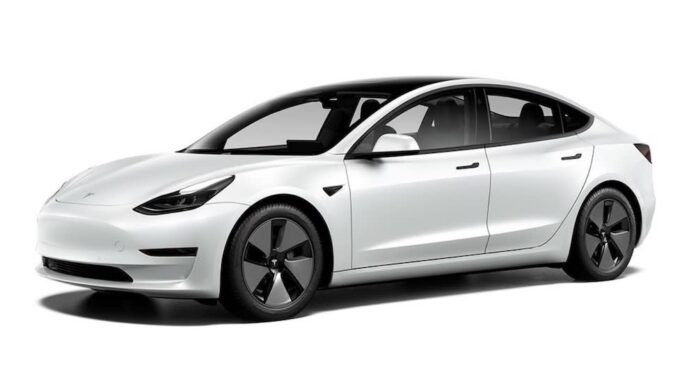Electric cars are no longer a futuristic dream—they’re a rapidly growing reality that’s reshaping the automotive world. In 2025, the rise of electric vehicles (EVs) is accelerating as more manufacturers launch new models, governments push for greener transportation, and consumers become increasingly aware of climate change. If you’re curious about what’s driving this shift and what it means for you, here’s everything you need to know about electric cars in 2025.
Growing Popularity and Market Expansion
Electric cars are gaining popularity faster than ever. In many countries, EV sales have doubled or even tripled in the last few years. This growth is driven by a combination of factors including government incentives, lower battery costs, and expanded charging infrastructure. Automakers are racing to release more affordable and longer-range models, making electric cars an attractive choice for a wider audience.
Advances in Battery Technology
One of the biggest challenges for electric cars has always been battery life and charging time. In 2025, new battery technologies are changing the game. Solid-state batteries, for example, promise higher energy density and faster charging, which means longer driving ranges and less time plugged in. These advancements will help reduce “range anxiety” — the fear of running out of battery mid-journey — and make EVs more convenient for everyday use.
Charging Infrastructure is Improving
Another key to the rise of electric cars is the rapid expansion of charging stations. Public charging points are popping up in more places, from city streets and shopping malls to highway rest stops. Fast chargers are becoming more common, allowing drivers to recharge their batteries in a matter of minutes instead of hours. This improved infrastructure makes owning an electric car far more practical, especially for people without access to home charging.
Environmental Impact and Sustainability
Electric vehicles produce zero tailpipe emissions, which means they don’t release harmful gases like traditional gasoline or diesel cars. This shift is vital for reducing air pollution and combating climate change. Many governments worldwide are setting ambitious targets to phase out fossil-fuel vehicles within the next decade, further accelerating the adoption of electric cars.
What to Consider Before Buying an EV
While electric cars offer many benefits, there are some things to keep in mind before making the switch:
• Initial Cost: EVs can still be more expensive upfront than conventional cars, though prices are steadily dropping.
• Range: Make sure the car’s range fits your daily driving needs.
• Charging Access: Consider whether you have convenient access to charging stations or can install a home charger.
• Resale Value: EV technology is evolving fast, so resale values can vary.
The Future of Driving is Electric
As we move further into 2025, electric cars are becoming more accessible, affordable, and practical. The combination of technological advances, expanding infrastructure, and environmental awareness means EVs are no longer just an alternative—they’re quickly becoming the new standard. Whether you’re thinking about buying your first electric car or just curious about the future of transportation, 2025 is a great year to pay attention to the rise of EVs.
Government Policies and Incentives
Many governments around the world are supporting the shift to electric vehicles through various policies and incentives. These include tax credits, rebates, and exemptions from certain fees or tolls. Such measures make electric cars more affordable and appealing to buyers. In some regions, stricter emissions regulations are also pushing manufacturers to produce more EVs. This supportive environment helps speed up the transition to cleaner transportation.
Challenges Ahead
Despite the positive trends, electric vehicles still face some challenges. For example, the production of batteries requires rare materials like lithium and cobalt, which raise concerns about environmental and ethical sourcing. Additionally, recycling used batteries in an efficient and sustainable way is still a work in progress. Addressing these issues will be important to ensure that the rise of electric cars is truly sustainable in the long term.


